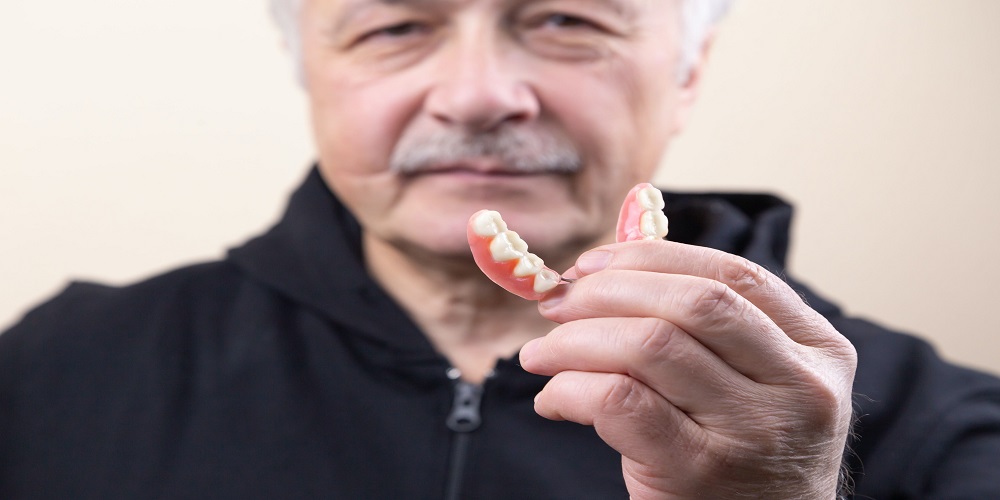Losing a tooth or several teeth isn’t just a cosmetic issue. It affects our speech, eating habits, and overall self-confidence. Ever thought about getting tooth implants but got sticker shock, or just the idea of the procedure gave you the jitters? In this article, we’re going to chat about some top alternatives. We’ll break things down, look at the good, the bad, and everything in between, helping you weigh things out. And hey, always remember to consult your trusted family dental professionals when making any decisions.

- Gum Disease Treatments
When it comes to gum health, it’s crucial.
Pros
One major advantage of gum disease treatments is that they can help treat existing gum issues, saving your tooth enamel from further harm. It’s like giving your teeth a second chance!
Cons
The flip side is that they might only sometimes fit the bill if you want tooth replacements. So, they’re more about saving what you have rather than replacing what’s gone.
- Dentures
Think of these as the classic solution to tooth loss.
Pros
First off, dentures can step in for multiple missing teeth. They’re like the Swiss Army knife of the dental world. Plus, if you’re watching your wallet, they’re generally kinder to your budget than implants.
Cons
Now, they’re not without their quirks. Dentures might need some tune-ups and adjustments now and then. Stability can be an issue too. Sometimes they shift, which might affect how you speak or eat.
- Mini Dental Implants
These are the younger siblings of the traditional implants.
Pros
The recovery time is way shorter than their elder counterparts. This means less time nursing sore gums and more time enjoying your favourite foods. They’re also great for folks with less bone density in their jaw.
Cons
While they’re pretty awesome, they might not be the marathon runners’ traditional implants to last a lifetime. Depending on your mouth’s condition, they might not be the best fit.
- Dental Bridges
Imagine a bridge for your teeth, quite literally.
Pros
Dental bridges are often friendlier to your wallet when stacked against implants. Need to fill in a gap left by several missing teeth? Bridges can handle that with a single restoration. They are more efficient than many other methods.
Cons
These bridges need support, like the pillars of a real bridge. This means adjacent teeth must play the part, which might involve altering them a bit.
And when it comes to holding their ground, they may only sometimes match the rock-solid stability of implants.
Conclusion
Choosing the right solution for tooth loss isn’t just about aesthetics; it’s about restoring function, confidence, and quality of life. Each option, from gum disease treatments to dental bridges, has unique benefits and challenges. Choosing what matches your requirements, financial capacity, and future objectives. Consult a dentist about the best options for you so they can provide tailored advice based on your oral health and personal preferences. And always remember, whether you opt for dentures, mini implants, or bridges, the goal is a brighter, confident smile. Contact a expert dentist today and take the first step toward rediscovering your radiant smile.
